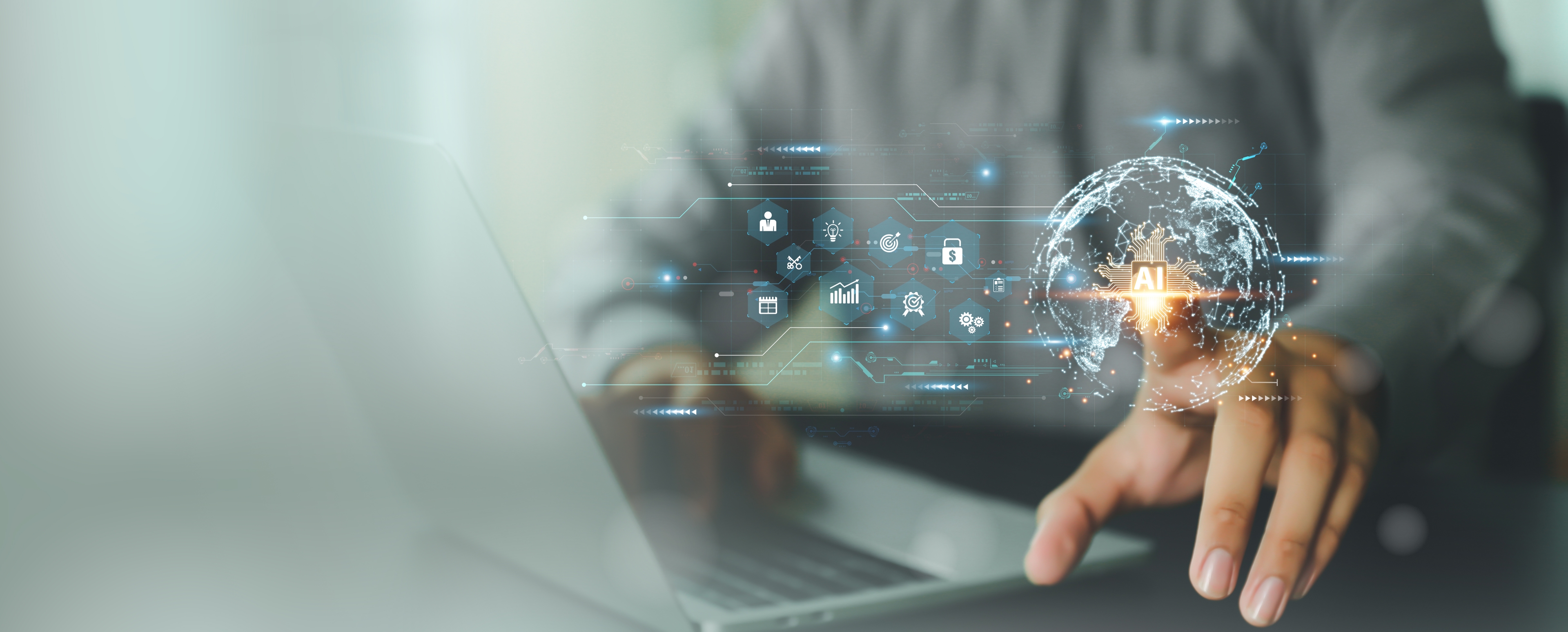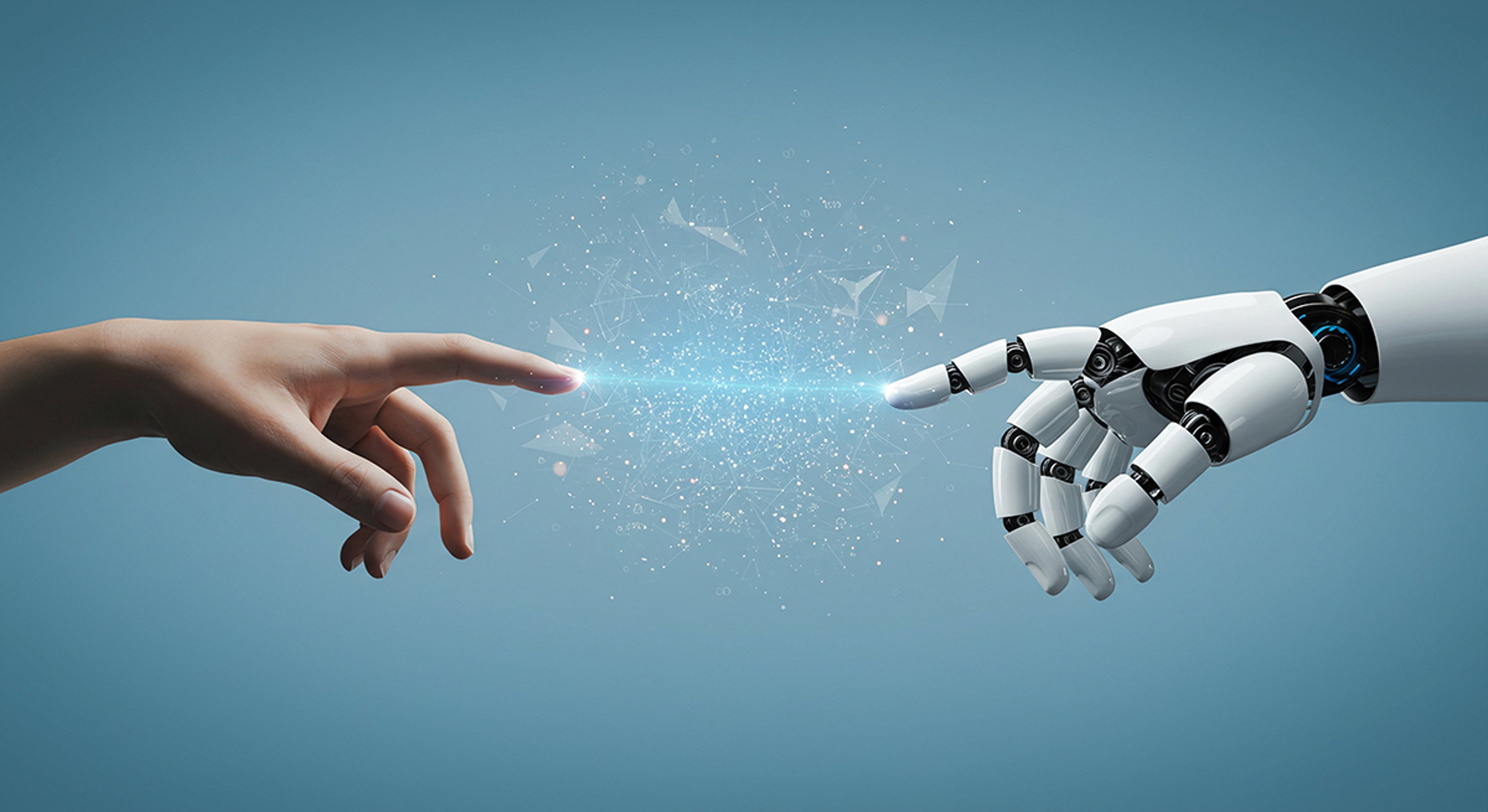The World of Work Is Changing. How Will We Respond?
Artificial intelligence is eliminating jobs. Rather than panic, let's embrace the machines and work together.
Aug 24, 2025
Written by our Founder and Chairman, the Celebrations Pulse letters aim to engage with our community. By welcoming your ideas and sharing your stories, we want to help you strengthen your relationships with the most important people in your life.
One of my favorite annual rituals sends me back to school. It’s not to hit the books, but to join Professor Jeffrey Sonnenfeld, and a group of fellow executives, for one of his MBA classes at Yale. The visit at the end of the school year is a great opportunity to exchange ideas on the evolving world of business.
The day begins with a casual lunch and conversations. Then, we step into the classroom for a discussion on leadership, business, and the evolving role of values in our work. It reminds me of how much we can all learn when we bring different generations and experiences together.
But this year, it was different.
For the first time in all the years I’ve been visiting Jeffrey’s class, more than half the students I talked to didn’t have a job lined up after graduation. Some had offers pulled back. Others had start dates pushed out by six months, or even a year. One student told me, “I was planning to start at a top-tier firm. Now I’m not sure if I’ll start at all.”
As Labor Day quickly approaches, I am reminded of these classroom conversations that left me shocked at how quickly the landscape for workers of all stripes is rapidly shifting. We’ve long been aware of the challenges facing blue-collar workers from automation and outsourcing, but now white-collar roles are feeling less secure, too.

Change driven by technology (again)
A cooling economy, trade tensions, and political uncertainty are all part of the picture. But what really seems to be reshaping the future of work is something I’ve had a front-row seat to for years: technology. This time, it’s the swift and widespread adoption of artificial intelligence.
AI is transforming how work gets done. What began as automation on factory floors is now making its way into offices, performing tasks once handled by entire teams. Bots are analyzing data, writing reports, and generating marketing materials.
As The Wall Street Journal recently reported (subscription required), one in five Fortune 500 companies has cut staff over the past three years, and more cuts are expected. Meanwhile, experts warn that AI could replace a significant portion of entry-level office jobs in the next few years. Companies like Shopify and Fiverr have already begun limiting hiring to roles that AI simply can't do — yet.
In conversations with one of our board members, Larry Zarin, he described these developments as “flashing amber lights” on the dashboard. They’re not full-blown emergencies yet, but they’re signals we shouldn’t ignore.
A new twist on an old story
In past industrial revolutions, like the rise in factories or mechanized farms, machines boosted productivity and displaced workers. Blue-collar jobs were the hardest hit.
We’re seeing a similar pattern today. Waymo and Tesla are racing to replace human drivers with robot-driven cars. Amazon’s warehouses now have around a million robots, almost as many as their human workers. That said, it’s not all bad news.
Some workers are moving into new roles, like supervising robots instead of lifting packages. Safer, more engaging, and, in some cases, paying 2.5 times more. Again, it’s not all bad news. You could think of it like switching from carrying water by hand to running a pump. You still get the water, but with less strain and more control.
Writing the next chapter of work
If AI reshapes or even eliminates millions of office jobs, it’s clear we’ll need to rethink the traditional career-launching playbook. Degrees and polished résumés may no longer be enough. But with disruption comes opportunity, and then the question becomes: What do we build in its place?
One path is to let change unfold unchecked: Companies chase efficiency while workers scramble to keep up. That path leaves too many people behind.
The better option is to focus on what makes us human: empathy, creativity, intuition, and emotional intelligence. In that future, AI becomes a tool, not a threat. In fact, it’s a power tool in the hands of a skilled craftsperson that accelerates the work, not replaces the worker.
Don’t fear the rise of machines. Embrace it.
That future depends on partnership. Workers can’t prepare alone. Students can’t train for jobs that don’t exist yet. Employers need to step in and help shape what’s next side by side with their teams.

Investing in people skills
At 1-800-Flowers.com, we know that while every role can’t be future-proofed, every person can be future-prepared. That’s why we created Fresh University, which is a space where our teams can explore tools like AI and prepare for roles that haven’t even been imagined yet.
We’re not shielding people from change but facing it together. I believe when companies see their employees as partners in innovation, everyone benefits. Teams stay engaged. Businesses stay agile. And cultures built on trust and purpose flourish.
Disruption can either erode the bond between employers and employees or deepen it. We’re choosing the latter.
In a shifting world, connection is a constant
The Yale students I met this year aren’t less talented or ambitious than those who came before. They’re just stepping into a world that’s shifting beneath their feet. The certainty of a first job or a clear career ladder is gone, but not entirely.
This time, they may take a different route. Perhaps it’s like taking the stairs when the escalator is broken; however, they won’t be climbing alone. With guidance from leaders like Professor Sonnenfeld, I believe they have the perspective and preparation to navigate what’s next.
Now they need employers to meet them halfway. Careers will be built on relationships that exist between people, and between people and organizations that believe in their potential. When employers treat their workforce as partners, not just resources, they build trust, loyalty, and adaptability. That’s how both sides thrive.
All the best,
Jim







